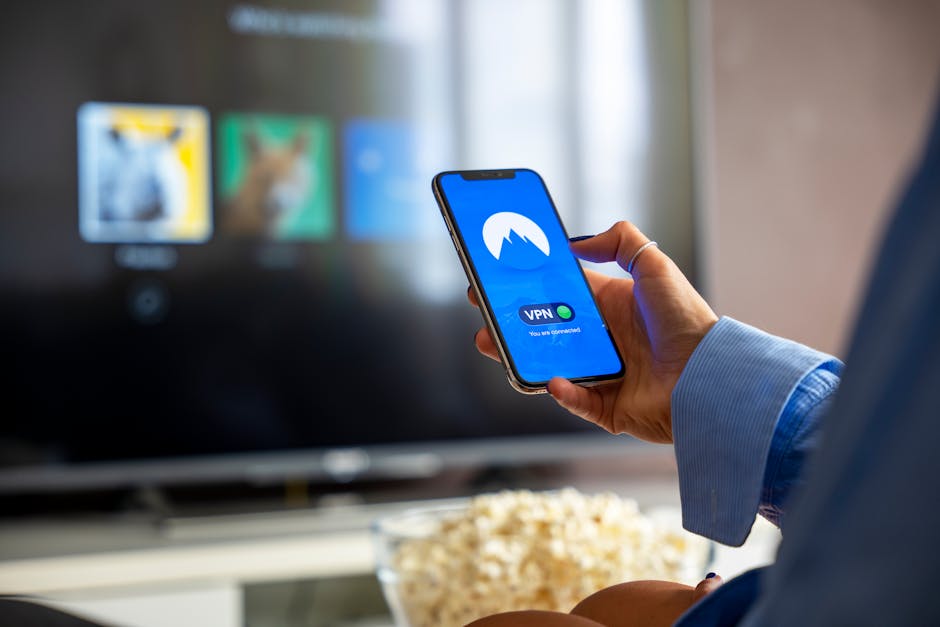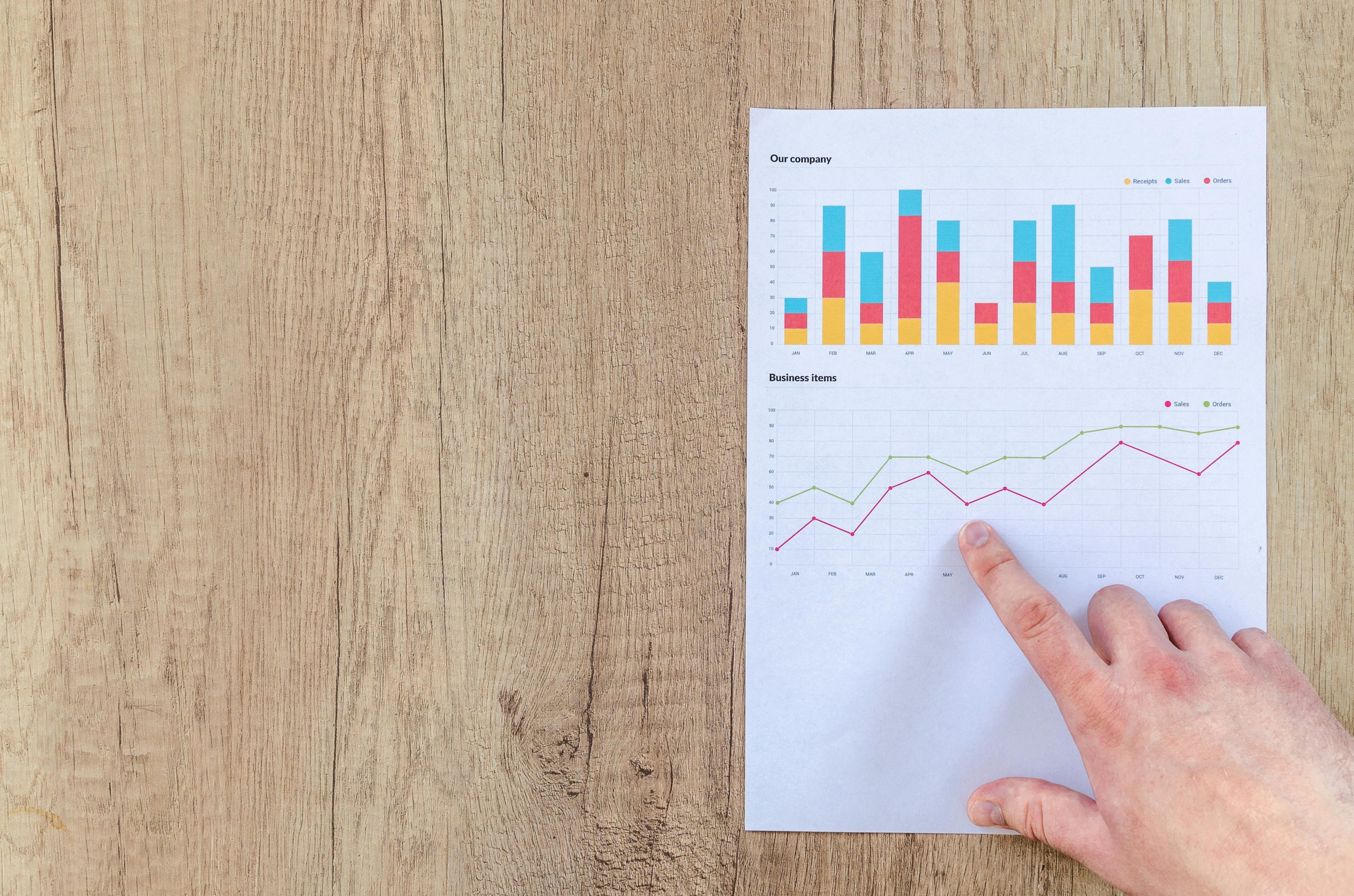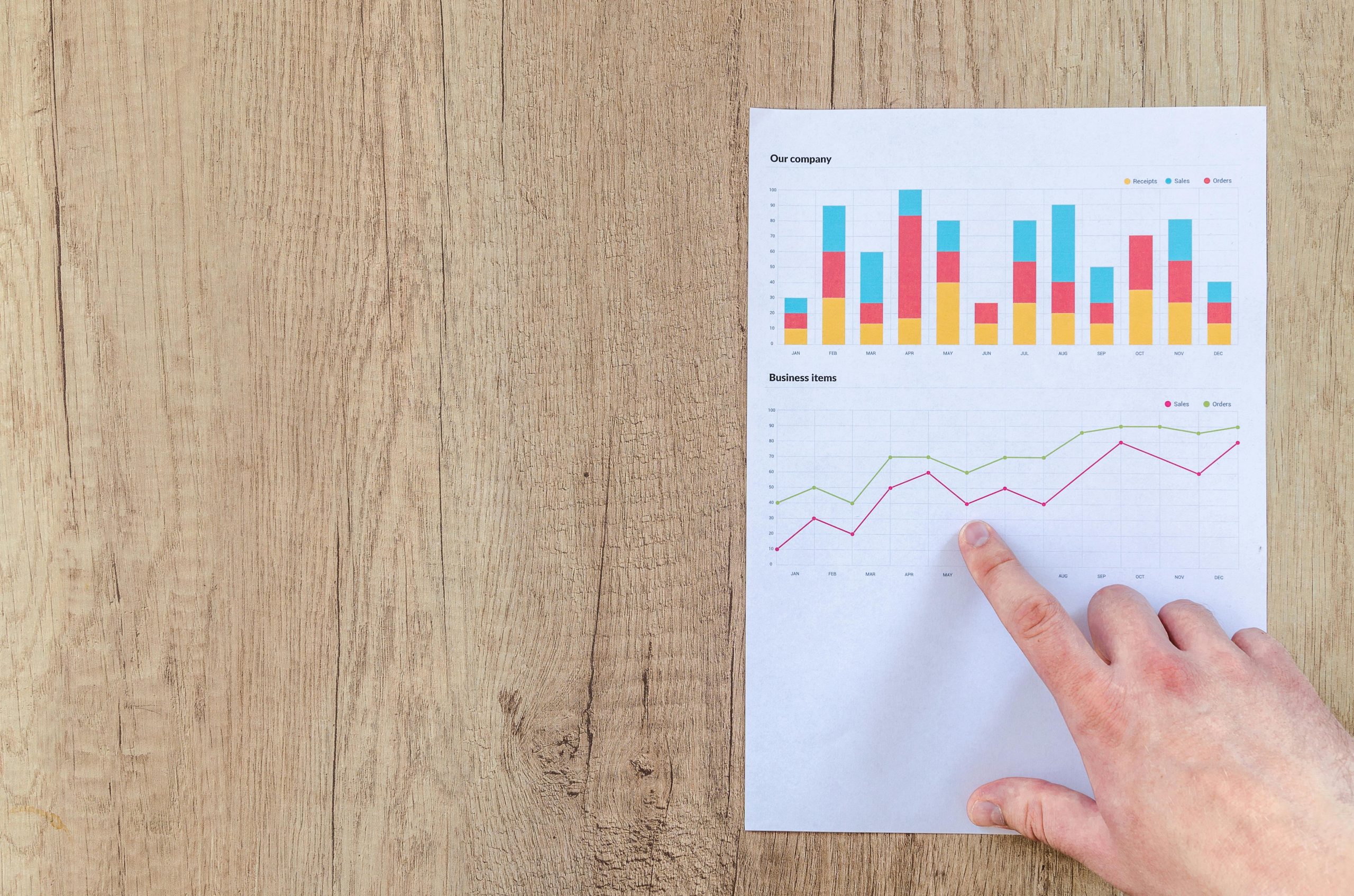One misconception I once held was the belief that the internet was a purely democratizing force for information. In the early days of my exploration of technology and the web, I was optimistic that the internet would provide everyone with equal access to knowledge, fostering understanding and breaking down barriers. I assumed that having a world of information at our fingertips would naturally lead to more informed, well-rounded individuals and communities.
However, over time, I’ve come to realize that the situation is far more complex. The idea that the internet serves as a purely democratizing tool does not account for the myriad factors that shape digital landscapes, such as algorithm-driven content curation, echo chambers, misinformation, and varying levels of digital literacy. These elements can distort the flow of information, create polarization, and reinforce existing biases rather than bridge divides.
Furthermore, the digital divide remains a significant issue, with disparities in access to technology and the internet exacerbating existing inequalities. As a result, while the internet has certainly expanded access to information, it doesn’t inherently ensure that everyone benefits equally or that the information encountered is accurate and relevant.
Overall, the internet’s impact on knowledge sharing is double-edged, and its democratizing potential is not as straightforward as I once believed. Addressing these challenges requires a nuanced understanding of technology, media literacy, and proactive efforts to ensure equitable access and responsible consumption of information.



